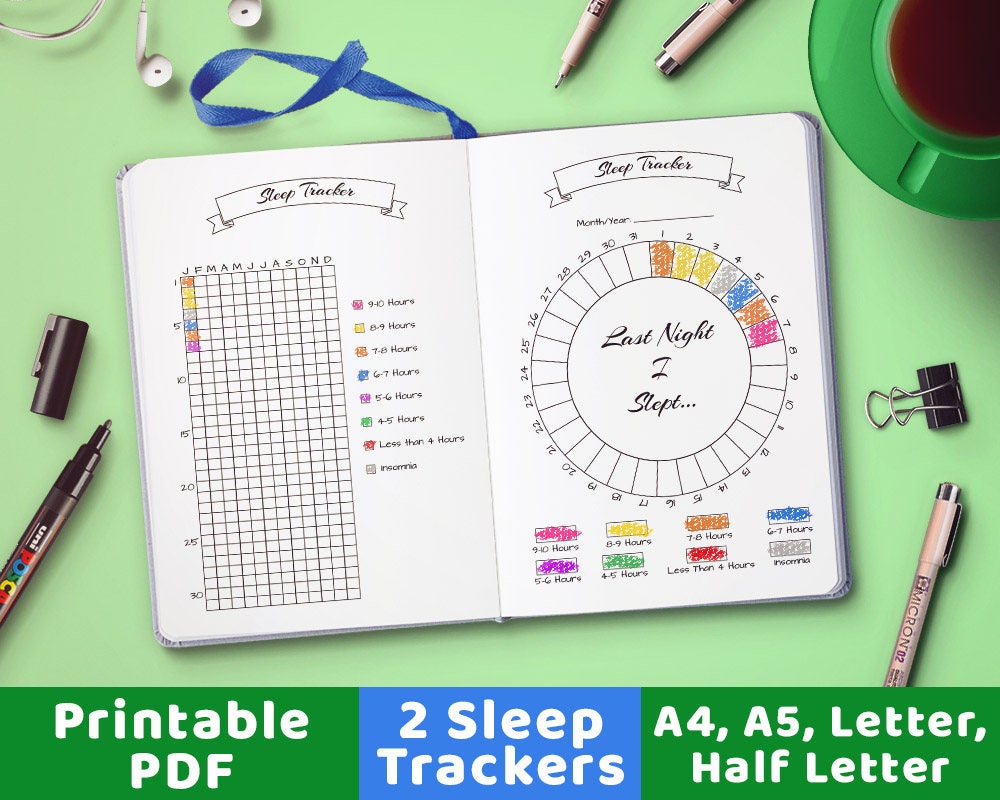

You can be easily awoken from light sleep since your responsiveness to the environmental stimuli remains quite high. Light sleep %: Light sleep serves as a transition stage between wakefulness and the deeper stages of sleep.Higher or lower percentages decrease your score. Roughly 17 % gives you the maximum score for this sleep score component. On average, deep sleep accounts for about 15 % of sleep time for adults. Most deep sleep occurs during the first half of the night. It also affects certain aspects of memory and learning. This sleep stage restores your body, supports your immune system and affects muscle growth. Deep sleep %: Deep sleep is the stage of sleep when it's hardest to be woken up.25 % gives the maximum score from this component of sleep score. The amount of REM sleep is on average about 21 % of sleep time for adults. Most REM sleep occurs during the second half of the night. This is the stage when dreaming mostly occurs. REM sleep restores your mind, and enhances memory and learning. In REM sleep, your muscles are relaxed but your brain is active. REM sleep %: REM stands for rapid eye movement.The components of the regeneration theme are evaluated against the indicators of good sleep quality based on the current sleep research literature. Your usual level shows how this component is usually scored during the past 28 days. A healthy sleep structure contains a good amount of both REM sleep and deep sleep. REM sleep is important for learning and memory.
Sleep regeneration looks at the quality of your sleep in terms of the proportions of restorative sleep stages: REM sleep and deep sleep. Normally sleep cycles proceed from light sleep into deep sleep, and then back to REM sleep. How are sleep stages measured?Ī healthy adult normally goes through 4-5 sleep cycles over the course of a night. Breaks longer than one hour stop sleep time tracking. Breaks shorter than one hour in your sleep don't stop sleep tracking, but they are not taken into account in the sleep time. Your sleep time is the longest continuous rest time that takes place within 24 hours starting from 18:00/6pm to next day’s 18:00/6pm. The closer the value is to 100 %, the higher the score for actual sleep. For adults, the average value for actual sleep is 93 %. It shows in percentages how much of your night was spent asleep. Actual sleep (%) Actual sleep is your sleep time minus interruptions.Lower values are common when you sleep longer, as sleep becomes lighter after the most pressing need for sleep has been met. Values lower than 3 reflect sleep in short segments with several interruptions. Values higher than 3 reflect long stretches of sleep with occasional interruptions. 5 represents sleep without any interruptions. Continuity (1-5): Sleep continuity is a rating of how continuous your sleep was on a scale of 1 to 5.A night without any long interruptions gives the maximum score for this component. There are about 15 minutes of long interruptions in sleep during an average night. The longer ones, for instance when one might get up for a sip of water, we can remember. The shorter ones we don’t usually remember. Whether you remember these interruptions or not depends on their duration. During a normal night's sleep there are numerous short and long interruptions when you awaken from your sleep. Interruptions in sleep are perfectly normal. Long interruptions (min) tells the time you spent awake during the interruptions longer than 90 seconds.The components of the solidity theme are evaluated against the indicators of good sleep quality based on the current sleep research literature. However, it's perfectly normal to have some interruptions in your sleep - in most cases you won't even remember being awake. A good night's sleep consists of long, uninterrupted periods. Your usual level shows how this component was usually scored during the past 28 days. Sleep solidity looks at the quality of your sleep in terms of the number and pattern of interruptions in your sleep. On average, adults sleep for 7 h 20 min, with women sleeping slightly longer than men. Sleep time tells you the total duration between when you fell asleep and when you woke up. Your sleep time is compared to the optimal sleep time based on your preferred sleep time setting and the age-related sleep duration recommendations (7 - 9 h for adults). Getting enough sleep is crucial to your well-being. Sleep amount looks at how long you've slept.


 0 kommentar(er)
0 kommentar(er)
